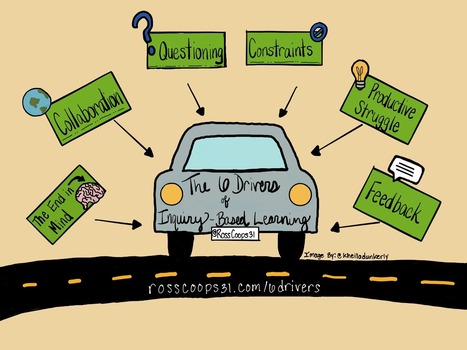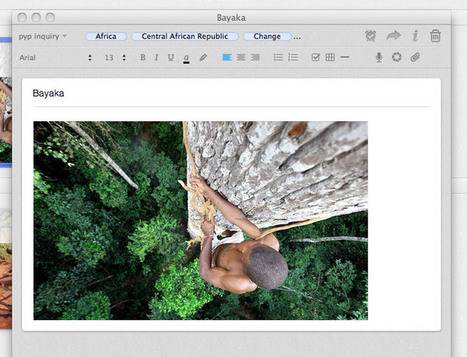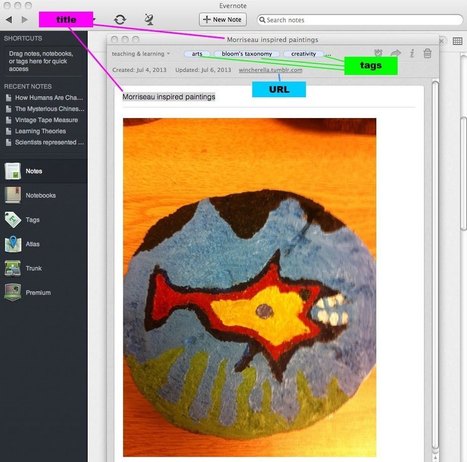As an administrator, whenever I walk into a teacher’s classroom, one of the first things I almost always subconsciously look for is whether or not the students are engaged in inquiry. However, telling a teacher, “Your students need to engage in more inquiry,” is comparable to letting a comedian know she needs to be funnier or asking a pizzaiolo to make a better dough. And, vague directives in the absence of explicit instruction typically generate anxiety.
To avoid these anxieties, and for progress to actually take place, we need to drill down to the nitty gritty and be as explicit as possible. In other words, we need to be explicit about being explicit and leverage specific strategies to comfortably move forward for the benefit of our students.
With these thoughts in mind, I’ve been obsessing over inquiry’s common denominators – the strategies or drivers we should always consider when implementing an inquiry-based lesson.
That being said, here are the six drivers of inquiry-based learning. And, while I don’t think every lesson or activity must have all six, I do believe that once we (and our students) become comfortable with an inquiry approach, all drivers will naturally find a way into learning experiences on a regular, if not daily, basis.
Via John Evans, Monica S Mcfeeters



 Your new post is loading...
Your new post is loading...













El aprendizaje basado en la indagación (inquiry-based learning) se puede definir como aprendizaje que comienza planteando preguntas, problemas o escenarios, en lugar de simplemente presentar hechos establecidos o describir un camino liso, sin obstáculos aparentes, hacia el conocimiento. En resumen, descubrimos material, en contraposición a la cobertura de contenido y a la memorización y regurgitación de hechos y conocimiento.